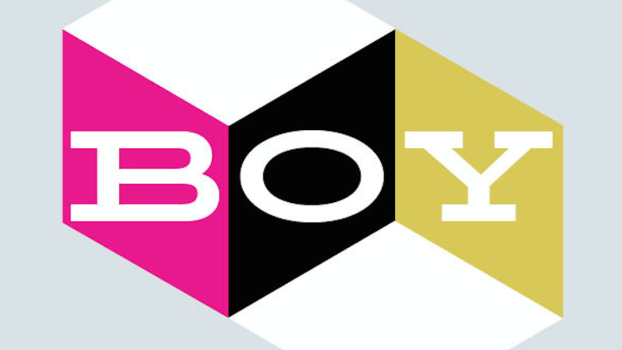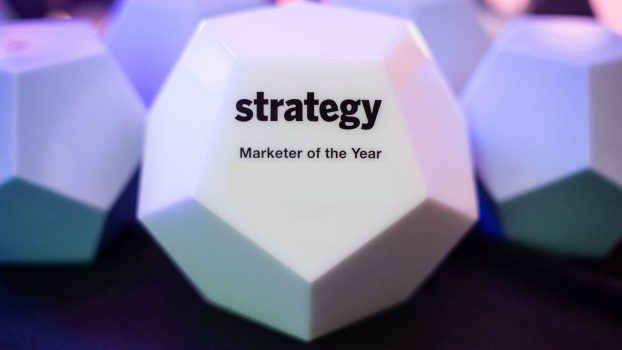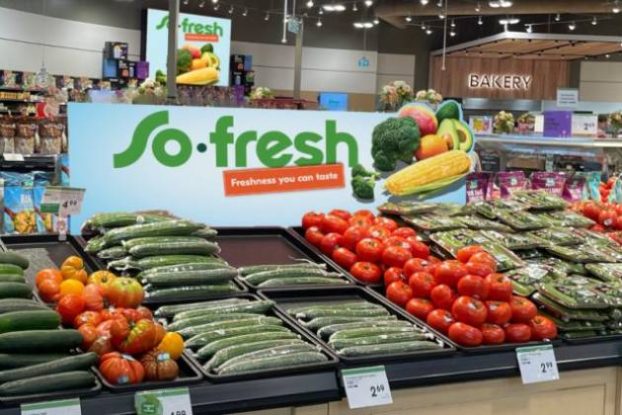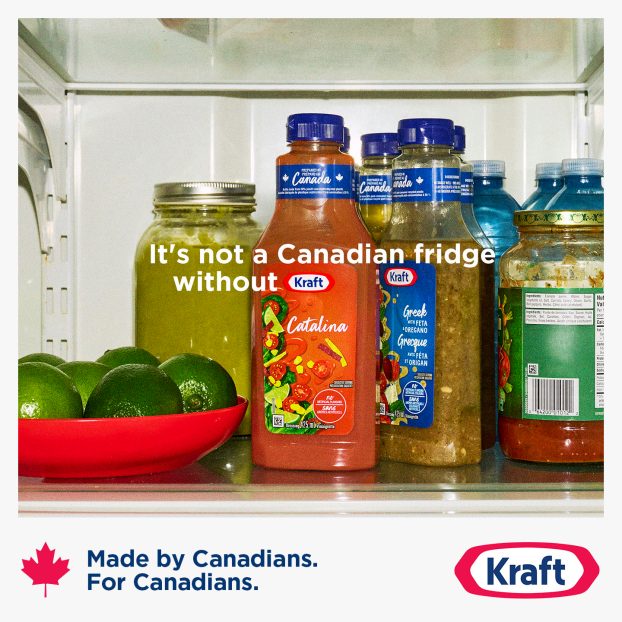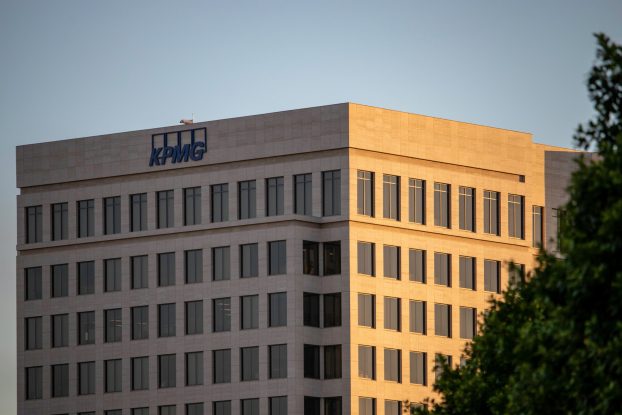By Wojtek Dabrowski
How the world’s governments and public health authorities are responding to the COVID-19 pandemic is being scrutinized closely given the incredibly high stakes involved. With the health and livelihoods of billions of people now on the line, our current situation proves that what we do next will shape what happens tomorrow — and how we finally emerge from this crisis.
That includes businesses. For organizations large and small, the stakes are high as well, and carry with them their own scrutiny: customers, employees and the media are watching companies’ actions closely. Their behaviour promises to leave a long-lasting impact on their brand reputation. And to date, how businesses respond to COVID-19 is garnering mixed reviews, to put it mildly.
On the one hand, there are stories of selflessness and charity, across almost every industry and sector. There’s Spirit of York, which has turned its distillery into a hand-sanitizer factory and is donating proceeds to food banks. And there’s Sunwing, which even in its darkest moment offered free seats on its planes to bring stranded Canadians home. That’s as many other airlines lay off thousands of employees and stare down the possibility of bankruptcy.
On the other hand, there are companies like EB Games, which came under fire last week for not closing stores and allowing customers to line up outside in order to pick up a couple of its latest releases. There’s UPS, which was criticized for not doing enough to protect employees. And then there’s Facebook, feeling the heat for telling contractors to work in the office while its staff stayed home. The list goes on, accompanied by justifiably angry commentary from consumers across every social media channel.
Crisis management experts have long argued about the longevity of consumer attention spans. Some have claimed even the worst reputation crisis fades within months, while others have suggested the impact can drag on for a year or more.
What’s missing from those analyses, however, is the fact that most crises represent a moment in time: an intense fire that burns for a few weeks at most. COVID-19, meanwhile, has dominated every public conversation since February, and even the most optimistic forecasts call for months before life returns to some semblance of normality. It would stand to reason, then, that the brand and reputation impact of this crisis will be more protracted too.
So what can organizations do to navigate this unprecedented time and ensure they end up on the right side of history?
First, they must look to their purpose, mission and values to help them chart the course. If these are not just empty words hanging on a hallway plaque somewhere, then they should provide clear guidance in a crisis like this one. I believe truly purpose-driven organizations – those that strive to make a difference bigger than just making money – have the best odds of managing through COVID-19 successfully. The reason for this is simple: a clear purpose is almost always anchored around something other than the company’s own self-interest. It forces organizations to think through how they should act via a fundamentally selfless lens.
Last week, Loblaw, whose mission includes “improving the health and well-being of all Canadians,” decided to temporarily and retroactively increase the compensation of its store and distribution centre employees. Just as important, its prompt decision has set a leadership tone and its actions have since been emulated by Maple Leaf Foods, Mondelez Canada, and others.
And then there’s EB Games. I can see how management may have decided that giving people timely access to games, especially when they’re stuck at home away from everyone else, was a good idea. The company was thinking about its customers, after all. However, it takes but a glance on the website of EB Games’ parent company, GameStop, to see that its core value promise is to “protect the family.” Potentially exposing its customers – and those customers’ families – to COVID-19 by asking them to stand in a lineup is the exact opposite of that promise.
Second, organizations must ensure that the marketing leader – representing the voice of the customer around the boardroom table – is present before significant actions are taken. I know of one CMO who surfaced the need for a COVID-19 strategy in the early days of the crisis, only to be dismissed by her peers. Today, she’s seen as a superstar for spotting the coming storm early on and thinking about customer impact.
And third, if there has ever been a time for an external perspective, it is now. In every decision taken, whether it’s about the latest precautions or about launching a new advertising campaign, brands must lean on agency partners and trusted external experts for an impartial view of the truth.
Above all else, brands have to think long-term, both in terms of their actions and in assessing their impact. This is the biggest health emergency of our times. How companies endure it and the choices they make will be looked back upon by a generation of customers.
Wojtek Dabrowski is the founder and managing partner at Provident Communications.


